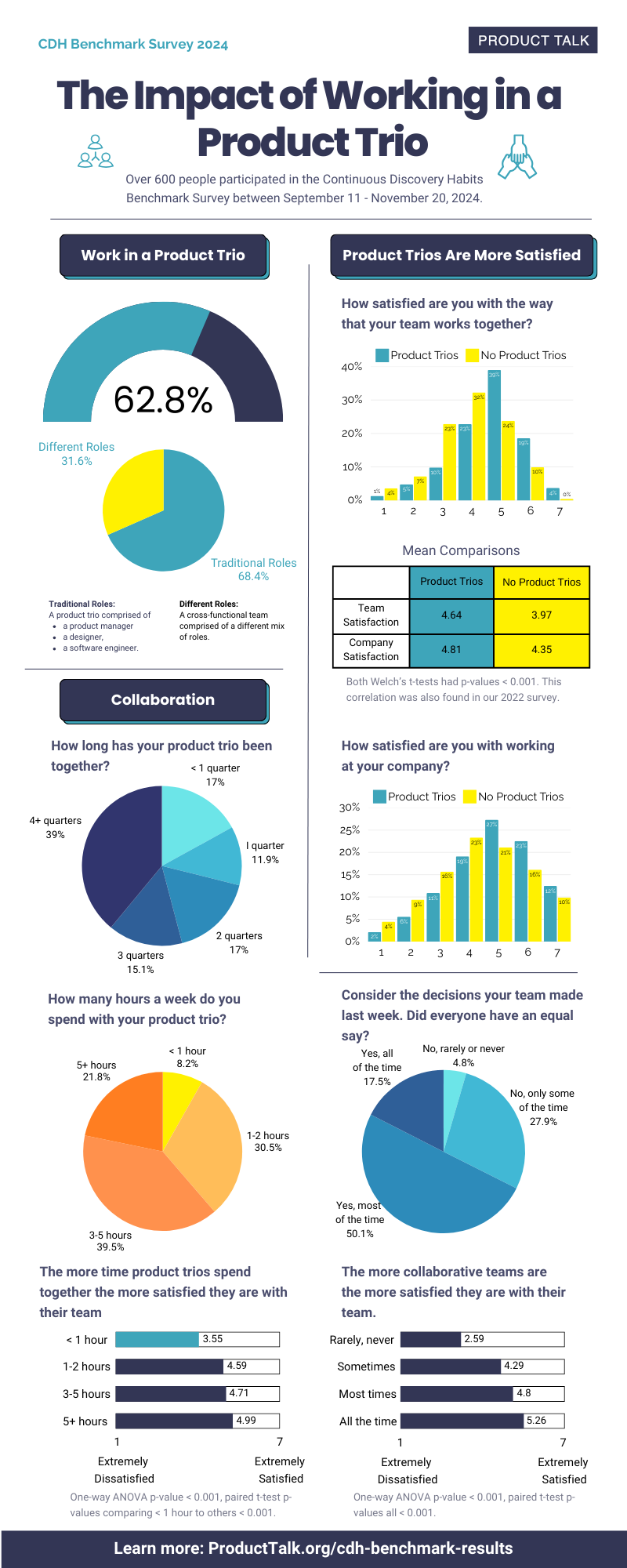Buy. Sell. Transition Smoothly: How Healthcare Business Brokers Add Value
These specialized professionals offer clarity in a complex process. From accurate valuations and confidential listings to buyer qualification and closing coordination, healthcare business brokers add value at every stage of the transaction.

In the world of healthcare, owning a practice isn’t just about clinical care—it’s a business with real financial, operational, and emotional stakes. Whether you’re healthcare business brokers preparing to sell your practice after decades of service or looking to purchase your first clinic, these milestones can be as stressful as they are exciting.
Between regulatory hurdles, staffing questions, financial uncertainties, and emotional decisions, navigating the sale or purchase of a healthcare practice is far from straightforward. That’s where healthcare business brokers prove their worth.
These specialized professionals offer clarity in a complex process. From accurate valuations and confidential listings to buyer qualification and closing coordination, healthcare business brokers add value at every stage of the transaction.
In this article, we’ll unpack how healthcare business brokers facilitate smooth transitions—and why their role is often the key to a successful buy or sell.
What Is a Healthcare Business Broker?
A healthcare business broker is a professional who specializes in helping healthcare providers buy or sell practices. Think of them as your transaction partner, real estate agent, financial analyst, marketing team, and negotiation coach—all rolled into one.
But unlike general business brokers, they’re specifically trained to deal with healthcare regulations, privacy laws (like HIPAA), licensure requirements, and the operational nuances of running medical, dental, optometry, veterinary, chiropractic, and behavioral health practices.
In short, they bridge the gap between healthcare providers and business realities.
Why Practice Transitions Require Specialized Help
Selling or buying a practice isn’t like flipping a retail business or franchised gym. The healthcare industry brings its own complexity:
-
Regulatory compliance and licensing
-
Payer contracts and reimbursement structures
-
Electronic health records (EHRs) and data protection
-
Long-term patient relationships
-
Unique staff roles and credentialing
-
Strict confidentiality needs
Without the guidance of someone who understands these nuances, even a “simple” transaction can spiral into missed details, broken deals, and undervalued outcomes.
The Value Brokers Bring to Sellers
If you're thinking of selling your practice—whether due to retirement, burnout, relocation, or life changes—a healthcare business broker helps ensure you maximize value, protect your legacy, and exit on your own terms.
Here’s how they add value at each step.
1. Valuation That Reflects True Worth
A proper valuation is the bedrock of a successful sale. Brokers consider:
-
Annual gross revenue and net profit
-
EBITDA (earnings before interest, taxes, depreciation, and amortization)
-
Patient volume and growth potential
-
Staff performance metrics
-
Real estate and equipment
-
Specialty-specific trends
With this analysis, you avoid underpricing or overpricing—a mistake that can cost months of lost time or missed revenue.
2. Confidential, Strategic Marketing
Announcing your practice is for sale can cause panic among patients, staff, and competitors. Brokers discreetly market your practice using:
-
Confidential Information Memoranda (CIMs)
-
Blind listings on vetted buyer platforms
-
Broker-to-broker referrals
-
NDA-secured prospect outreach
They ensure only serious, pre-qualified buyers see the details—preserving your practice’s reputation and operations throughout the process.
3. Buyer Qualification and Screening
You don’t want tire-kickers or underprepared buyers wasting your time. Brokers screen for:
-
Financial capacity (proof of funds, pre-approval for financing)
-
Licensing and credentialing
-
Operational readiness (do they plan to run the practice themselves?)
-
Cultural fit and long-term goals
This helps prevent deals from collapsing midway due to buyer unpreparedness.
4. Expert Negotiation and Deal Structuring
Beyond the price tag, there are many terms to consider:
-
Earn-outs or seller financing
-
Real estate lease or purchase
-
Transition support
-
Staff retention clauses
-
Non-compete agreements
Your broker ensures you don’t leave money on the table—or agree to terms that hurt you post-sale.
5. Closing Support and Documentation
The closing phase includes attorneys, CPAs, loan officers, and due diligence. A healthcare broker manages:
-
Timeline coordination
-
Legal document review assistance
-
Due diligence checklists
-
Communication across all parties
They help you get to the finish line with fewer delays, headaches, or legal issues.
The Value Brokers Bring to Buyers
If you’re buying a practice—whether you’re a first-time owner or looking to expand—brokers help you find the right fit and avoid costly mistakes.
1. Access to Off-Market Listings
Not all practices are listed publicly. Many top practices are sold quietly. Brokers give you access to:
-
Confidential listings not found on standard websites
-
Practice owners who are “thinking” of selling but want discretion
-
Opportunities matched to your goals and qualifications
This insider access can help you land deals with less competition.
2. Due Diligence Guidance
Evaluating a practice is about more than financials. You also need to assess:
-
Staff turnover and pay structure
-
Patient retention and demographics
-
Payor mix (Medicare, private insurance, self-pay)
-
Compliance and EHR transition readiness
-
Lease terms and location viability
Brokers help you ask the right questions—and flag red flags.
3. Help Securing Financing
Most buyers need loans—especially SBA loans or healthcare-specific financing. Brokers:
-
Recommend lender partners
-
Help package financials and business plans
-
Coordinate pre-approvals and loan processing timelines
This boosts your credibility with sellers and streamlines your purchase timeline.
4. Negotiating the Best Terms
Price isn’t everything. Your broker will help negotiate:
-
Closing costs
-
Transition training by the seller
-
Equipment upgrades or repairs
-
Adjustments based on due diligence findings
-
Licensing and insurance transfer timelines
They represent your interests—while helping preserve goodwill with the seller.
5. Post-Purchase Transition Planning
The first 90 days after a purchase are critical. Brokers help you plan for:
-
Staff introductions and retention
-
Patient communication and marketing
-
Workflow improvements
-
Legal name changes or entity restructuring
-
Continuing care plans from the previous owner
This minimizes disruption and sets you up for success from day one.
Brokers Bridge the Emotional Gap
Perhaps the most overlooked value brokers provide? Emotional intelligence.
Buying or selling a practice isn’t just business. For sellers, it often means walking away from a career they built over decades. For buyers, it’s a leap into ownership and responsibility. Brokers:
-
Manage tensions when negotiations hit roadblocks
-
Facilitate difficult conversations about price or performance
-
Provide reassurance during moments of doubt
-
Keep communication focused, professional, and productive
Their ability to remain objective while understanding both parties’ motivations is what keeps deals moving forward.
Key Qualities of a Great Healthcare Business Broker
If you're considering working with a broker, here’s what to look for:
|
Trait |
Why It Matters |
|
Industry expertise |
They understand your specialty and its financial drivers |
|
Confidentiality standards |
Protects your reputation and practice stability |
|
Strong network |
Access to pre-qualified buyers, lenders, and advisors |
|
Valuation knowledge |
Ensures you price fairly and profitably |
|
Communication skills |
Keeps all parties aligned and informed |
|
Track record |
Proof they’ve successfully closed similar deals |
Ask potential brokers for references, examples of past deals, and a clear breakdown of their fee structure (usually commission-based, ranging from 6% to 12%).
Typical Transaction Timeline with a Broker
Here’s how a full buy/sell process might unfold with a healthcare business broker:
For Sellers:
-
Initial Consultation – Discuss goals, gather financials, timeline planning.
-
Valuation – Broker conducts in-depth practice analysis.
-
Marketing Prep – CIM creation, marketing plan, buyer profile targeting.
-
Confidential Listing Launch – Vetting and outreach to potential buyers.
-
Buyer Screening and NDAs – Share practice info only with qualified candidates.
-
Negotiation and LOI (Letter of Intent) – Structure terms and secure interest.
-
Due Diligence – Allow buyer access to key documents.
-
Purchase Agreement and Financing – Attorneys finalize contracts.
-
Closing and Transition – Deal closes, broker coordinates transition.
For Buyers:
-
Buyer Profile Creation – Define goals, budget, location, specialty.
-
Practice Matching – Broker presents aligned opportunities.
-
Initial Review and NDA Signing – Review high-level data confidentially.
-
Practice Visits and Q&A – Ask clinical and financial questions.
-
LOI and Financial Pre-Approval – Secure deal terms and lender commitment.
-
Due Diligence – Deep dive into operations, compliance, and culture.
-
Final Contract Negotiation – Attorney review and closing logistics.
-
Post-Close Support – Broker advises during onboarding period.
Real-Life Case Study: Smooth Sailing with the Right Broker
Dr. Patel, a family medicine physician in Texas, was ready to retire. He had a profitable suburban practice, loyal staff, and a large patient panel—but no succession plan.
He partnered with a healthcare business broker who:
-
Completed a valuation and suggested a competitive listing price
-
Marketed the practice confidentially to local and out-of-state physicians
-
Found a young MD with SBA pre-approval and plans to expand into holistic services
-
Structured a deal with seller financing, a 6-month transition period, and bonuses for retaining staff
-
Coordinated the closing process with the seller’s CPA and attorney
Six months later, the deal closed. Dr. Patel got a great payout and watched his legacy continue under a caring new owner. His broker made it all seamless.
Conclusion: Brokers Create Confidence, Clarity, and Continuity
The decision to buy or sell a healthcare practice is a major one. It’s about financial opportunity, personal legacy, and patient care. Trying to navigate that journey alone can lead to delays, stress, and missed opportunities.
Healthcare business brokers bring structure to the process. They reduce risk. They negotiate smarter deals. They protect your interests. And most importantly—they make complex transitions feel smooth and manageable.
Whether you’re stepping into ownership or stepping away from it, the right broker ensures you do it with clarity, confidence, and peace of mind.








































































































![Building A Digital PR Strategy: 10 Essential Steps for Beginners [With Examples]](https://buzzsumo.com/wp-content/uploads/2023/09/Building-A-Digital-PR-Strategy-10-Essential-Steps-for-Beginners-With-Examples-bblog-masthead.jpg)













![How to Use GA4 to Track Social Media Traffic: 6 Questions, Answers and Insights [VIDEO]](https://www.orbitmedia.com/wp-content/uploads/2023/06/ab-testing.png)






![Technical Sourcer [United Kingdom] at Olo](
https://nodesk.co/remote-companies/assets/logos/olo.e9c56827507b669046f71750846f8032542be84192a2248413f8421b2e5a2769.jpg
)



























